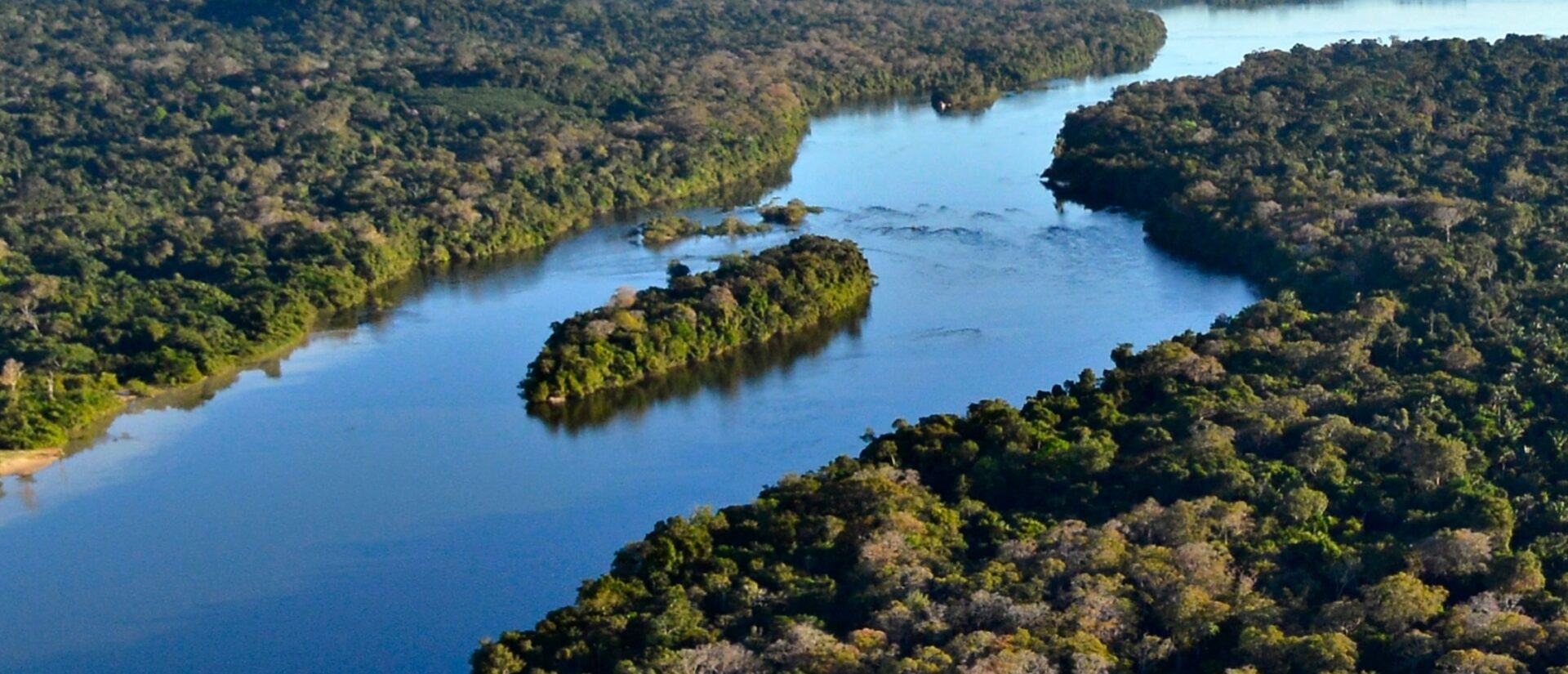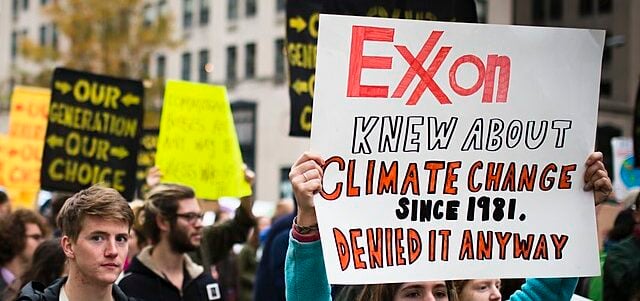
Who are the owners of the hydropower plants in the Amazon?
In the Brazilian Amazon, an explosion of mega mining, energy and construction projects controlled by a tightly-knit group of economic actors – in close collaboration with the Brazilian state – is threatening democracy and human rights.
The Brazilian mining sector has expanded rapidly in recent years. Applications for permits to exploit mineral resources have skyrocketed, and gigantic new hydroelectric plants are being constructed in the Amazon in order to provide electricity for the industrial extraction of gold, oil and gas. A small number of powerful companies involved in energy production, mining and civil construction operate in a tight network of power and capital that is supported by the Brazilian government.
On the basis of five case studies, SOMO’s research partner in Brazil, the Instituto Mais Democracia (IMD), investigated and analyzed how and to what extent these economic groups exercise economic and political pressure and influence over infrastructure-related decision making in the Amazon – with devastating consequences for the region’s biodiversity and native inhabitants. Read their report, that is supported by SOMO, in English(opens in new window) of Portugese.(opens in new window)
The corporations involved, the role of the state, and the infringement on human rights and the environment were similar in all five of the cases studied. One such case was that of the Santo Antonio hydroelectric power plant on the Madeira River. The Brazilian government takes part in the project in different ways. First of all, through state-owned companies – Furnas, Eletrobas and Cemig – which jointly hold 49% of the project. But also by providing the project with US$ 1.6 billion through the state-owned development bank, BNDES. However, their involvement does not end there. When the Brazilian government wants to rig the situation, exceptions to environmental legislation and a corporate-friendly reduction of the tax burden suddenly all seem to be possible.
Conflict of interests
The Madeira project will flood the territory of the Santo Antonio community and will destroy fragile local ecosystems. It will transform the area into an industrial shipping canal, providing the power and transport needed to move large quantities of resources out of the Amazon. Communities have not been formally consulted and have not given their prior consent to the project. It is the duty of the Brazilian government to protect and defend the human rights of all of its citizens. How can the Brazilian state take care of the interests of local communities when their own interests are so highly entangled with those of private companies? Indeed, it is clear in this case whose interests are winning out.
Little space left
While behaving as an economic partner, the Brazilian state is at the same time removing the safeguards provided by environmental and human rights legislation, and it is the one that decides which companies are awarded the development concessions. In this way, major corporate and governmental economic powers sustain each other, and little space is left for local communities to express their concerns related to the projects constructed in the area where they live. The result is that the inhabitants and biodiversity of the Amazon are paying a high price – often the ultimate price – in the name of a development model that does not benefit them in the least.
https://www.youtube.com/watch?v=JwGqCGytXew&feature=youtu.be(opens in new window)
Do you need more information?
-

Joseph Wilde-Ramsing
Advocacy Director
Partners
Related news
-
 ExxonMobil sues the Netherlands over gas field closurePosted in category:News
ExxonMobil sues the Netherlands over gas field closurePosted in category:News Bart-Jaap VerbeekPublished on:
Bart-Jaap VerbeekPublished on: -

-



